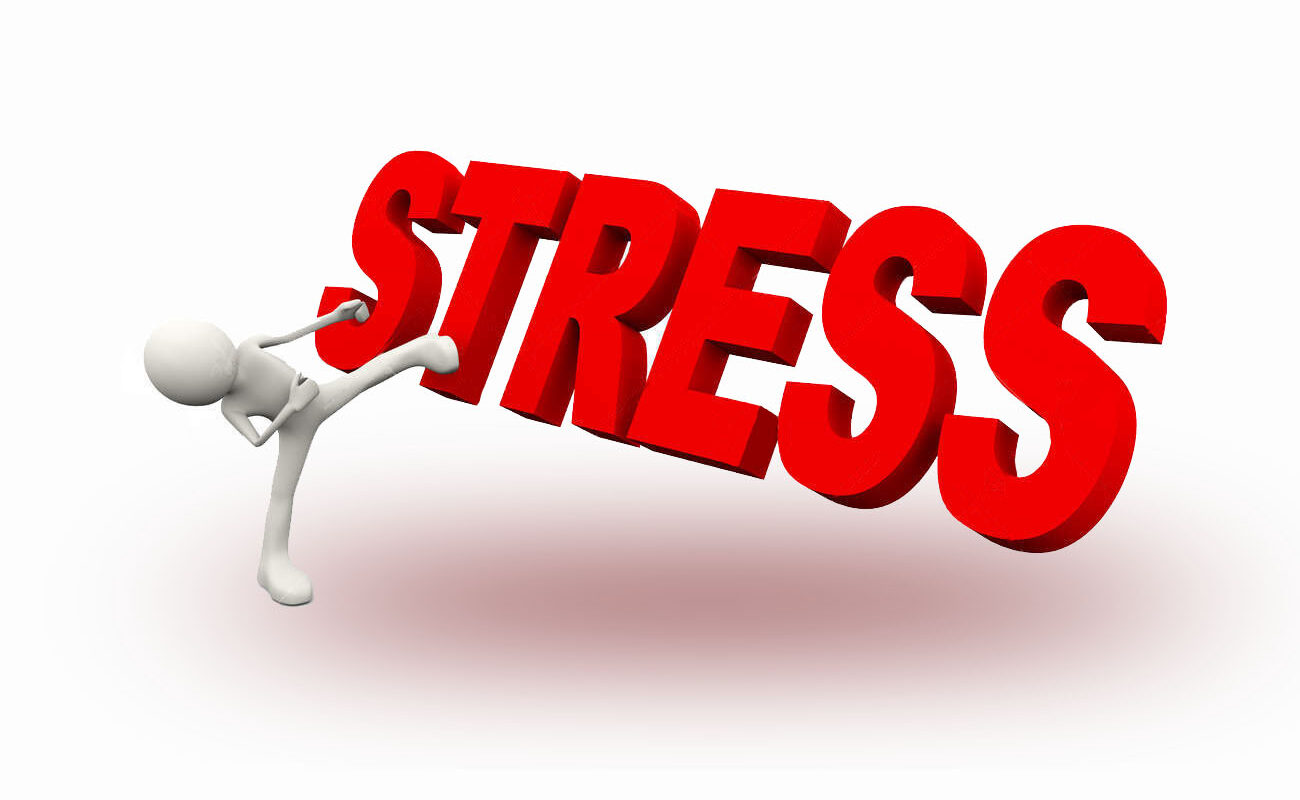We all experience stress in our lives, but it’s important to manage it in order to stay healthy and productive. Stress can have a negative impact on your physical and mental health, so learning how to manage your stress is essential for living a happy and successful life. In this blog post, we will discuss the basics of stress management and provide tips for reducing its effects on your daily life.
Stress management begins with understanding what causes you to feel stressed out. Common sources of stress include work or school deadlines, financial concerns, family issues or relationship problems. Once you identify the source of your anxiety, you can start developing strategies for managing it more effectively.
One effective way to reduce feelings of tension is by engaging in relaxation techniques such as deep breathing exercises or progressive muscle relaxation (PMR). Deep breathing helps slow down heart rate while PMR involves tensing each muscle group one at a time before releasing them slowly—both methods help reduce physical symptoms associated with anxiety like headaches or stomachaches caused by increased cortisol levels due to prolonged exposure from stressful situations . Additionally practicing mindfulness meditation has been shown scientifically proven benefits when dealing with chronic conditions like depression which often cause overwhelming amounts of emotional distress that leads people into unhealthy coping mechanisms such as substance abuse .
Other ways that may help alleviate tension are regular exercise , spending time outdoors surrounded nature , talking about worries friends family members who understand where coming from even taking short breaks throughout day just breathe relax focus something positive rather than letting thoughts spiral downwards an unhelpful direction Lastly try journaling writing down any anxious feelings emotions express yourself freely without judgement this allows clear headspace process things better make sense challenges facing .
With these strategies mind should be able practice self-care maintain good balance between personal professional commitments order remain emotionally physically healthy well-being over long term basis !
How to Manage Stress and Lead a Happier Life

We all experience stress in our lives, but it’s how we manage that stress that can make the difference between feeling overwhelmed and finding balance. In this blog post, we’ll discuss some tips for managing your stress levels so you can lead a happier life.
Identifying Your Sources of Stress

The first step in managing your stress is to identify what causes it. This could be anything from work-related pressures to family dynamics or even something as simple as not getting enough sleep at night. Once you’ve identified the source of your anxiety, you can start taking steps towards alleviating it.
Developing Healthy Coping Strategies

Once you know where your stresses come from, developing healthy coping strategies is key for reducing them over time. Some common strategies include exercise (which releases endorphins), relaxation techniques such as meditation or yoga (which help reduce cortisol levels), spending time with friends and family (to provide support) and journaling (to process thoughts). Additionally, talking through issues with someone who understands – like a therapist –can be incredibly helpful when dealing with long-term sources of anxiety .
Setting Boundaries & Prioritizing Self-Care Having clear boundaries around what tasks are essential versus nonessential will help prevent burnout due to overextending yourself; set aside specific times each day just for self care activities like reading or going on walks outside which have been proven effective methods of relieving tension while also boosting moods naturally! Finally don’t forget about nutrition – making sure eating habits remain balanced throughout stressful periods helps maintain overall energy levels too! Taking Breaks & Unplugging From Technology When things get overwhelming , try taking breaks away from technology ; disconnect completely by leaving devices behind during vacations/weekends off if possible so there’s no temptation check emails/social media etc . Doing something mindless such as playing an instrument , painting/drawing etc may also prove beneficial since these activities require little mental effort yet still offer relief when needed most ! Overall , remember that everyone experiences different kinds of stresses differently – learning how best manage yours takes practice but doing so will ultimately lead healthier lifestyle choices which result greater happiness down road !
In Conclusion
Stress is a part of life, but it doesn’t have to take over. With the right strategies and techniques, you can manage your stress levels effectively and lead a happier and healthier life. Stress management involves identifying the sources of stress in your life, understanding how they affect you both mentally and physically, developing coping skills to handle difficult situations more effectively, engaging in relaxation activities like yoga or meditation that help reduce tension levels in the body and mind. Additionally, making lifestyle changes such as getting regular exercise or taking up hobbies can also help reduce long-term stress levels. Ultimately by incorporating these practices into our daily lives we can learn how to better cope with stressful situations so that we don’t feel overwhelmed when faced with challenges.



